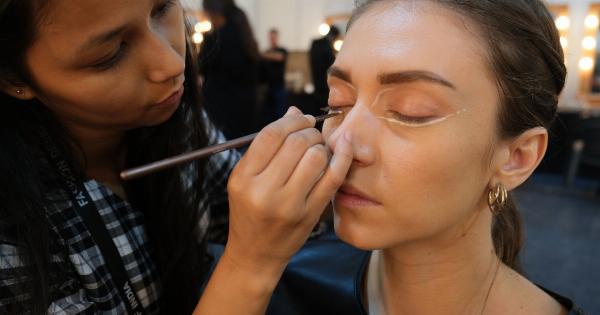A recent study has found that stress has a significant influence on men’s taste in women. The study conducted by researchers from the University of St. Andrews in Scotland examined the effect of the stress hormone, cortisol, on men’s attraction to women.
The Study
The study involved 81 heterosexual men between the ages of 18 and 33 years old. Each participant was shown a series of photographs of women and rated their attractiveness on a scale of 1 to 10.
The photographs varied in terms of facial features and body shape.
Before viewing the photographs, half of the participants were given a stress-inducing task consisting of a public speaking exercise, while the other half were not.
The researchers measured cortisol levels before and after the task to verify that it effectively induced stress.
The Results
The results of the study showed that men who were stressed rated women with higher body mass indexes (BMI) as more attractive than those who were not stressed.
However, there was no difference in their attractiveness ratings for women with different facial features.
These findings are surprising as previous research has suggested that men generally prefer women with a lower BMI and more feminine facial features.
This suggests that stress can alter men’s preferences and lead them to favor women with higher BMIs as a coping mechanism to deal with their stress.
Why Does Stress Influence Men’s Taste in Women?
One possible explanation for this phenomenon is that stress affects the brain’s reward system. Cortisol, the stress hormone, has been found to increase the activity of the brain’s reward system in response to food and other pleasurable stimuli.
This may explain why men who are stressed find women with higher BMIs more attractive as they perceive them as a reward for their stress.
Another possible explanation is that stress alters men’s perception of beauty. Stress has been found to affect the prefrontal cortex, which is responsible for decision-making and perception.
This may lead men to perceive women with higher BMIs as more beautiful than those with lower BMIs.
Limitations of the Study
While the study provides interesting insights into the influence of stress on men’s taste in women, it has several limitations.
One of the major limitations is that the study only involved a small sample of men from a specific age group and geographical location. This means that the findings may not be generalizable to men from other demographics or cultures.
Another limitation is that the study only examined the influence of stress on men’s attraction to women based on physical appearance.
There are many other factors that can influence men’s tastes, such as personality, intelligence, and interests, which were not considered in the study.
Implications of the Study
The findings of the study have several implications for understanding the effects of stress on human behavior. It suggests that stress can influence our preferences and cause us to make choices that we would not normally make.
This has implications for areas such as consumer behavior, where stress can cause people to make impulsive decisions and purchase items they do not need.
Furthermore, the study highlights the need for further research into the effects of stress on human behavior.
By understanding how stress affects our decision-making and preferences, we can develop interventions to help individuals cope with stress and make more rational choices.
Conclusion
In conclusion, the study suggests that stress can influence men’s taste in women and make them more attracted to women with higher BMIs.
While the findings have several limitations, they provide interesting insights into the effects of stress on human behavior. Further research is needed to understand the mechanisms underlying these effects and develop interventions to mitigate their negative consequences.


























